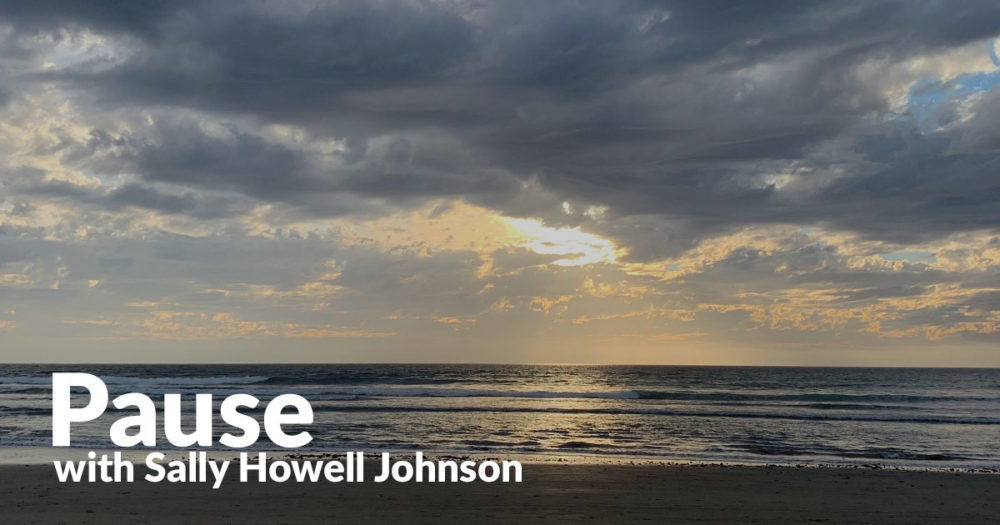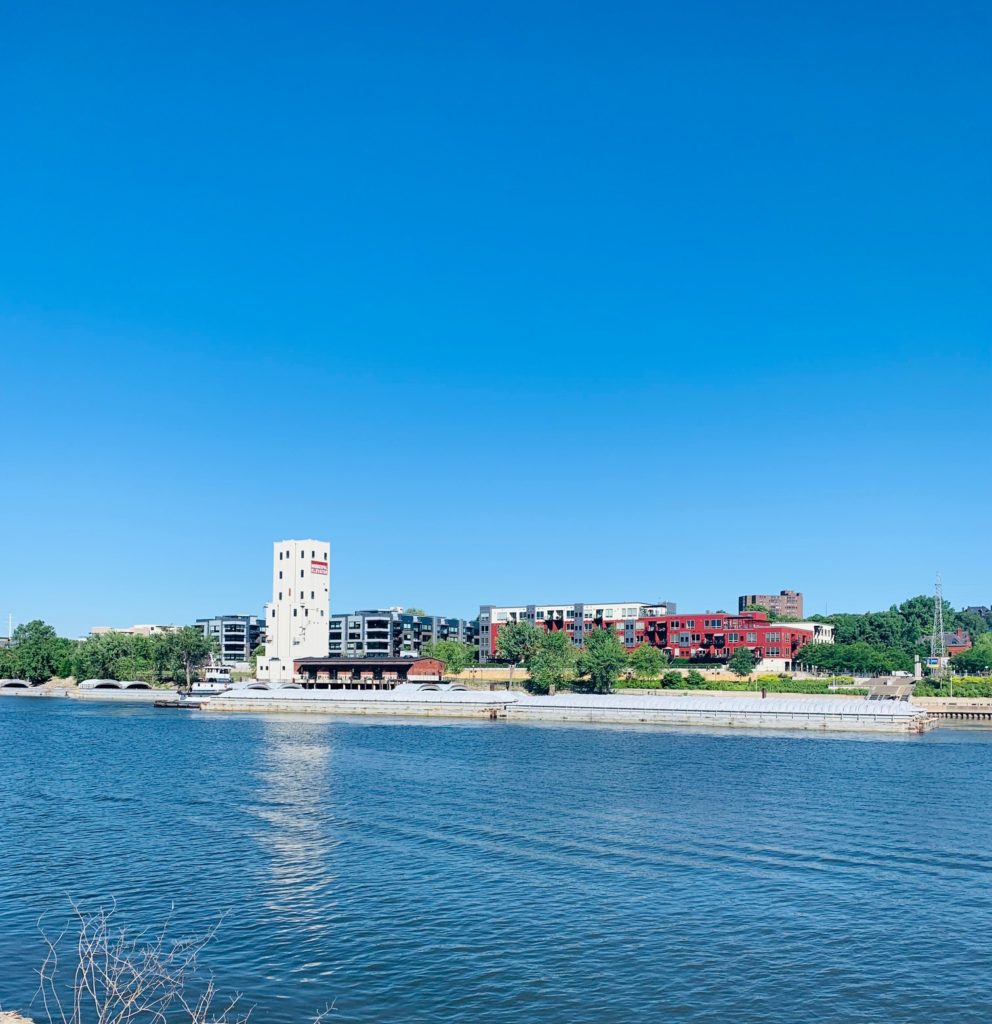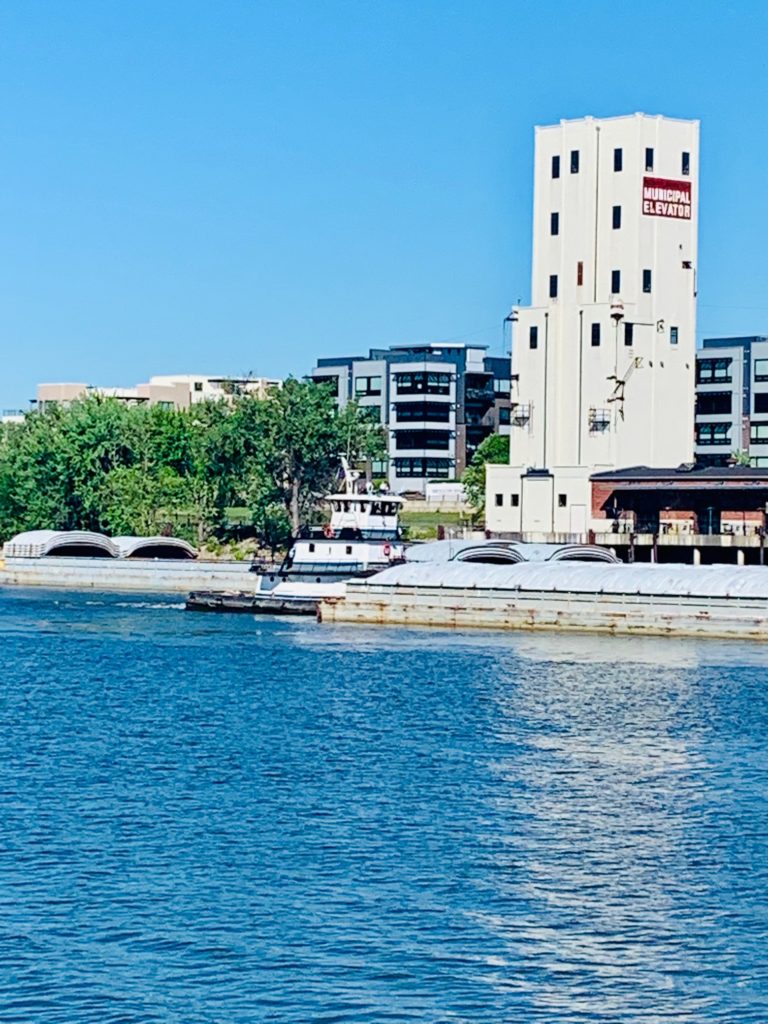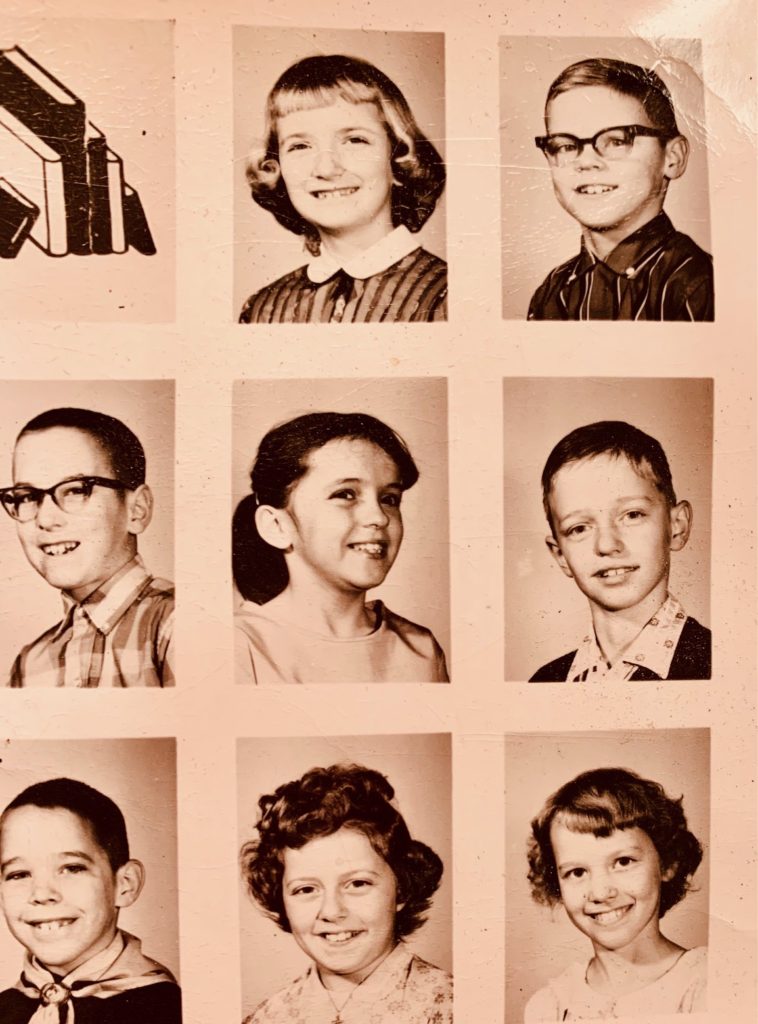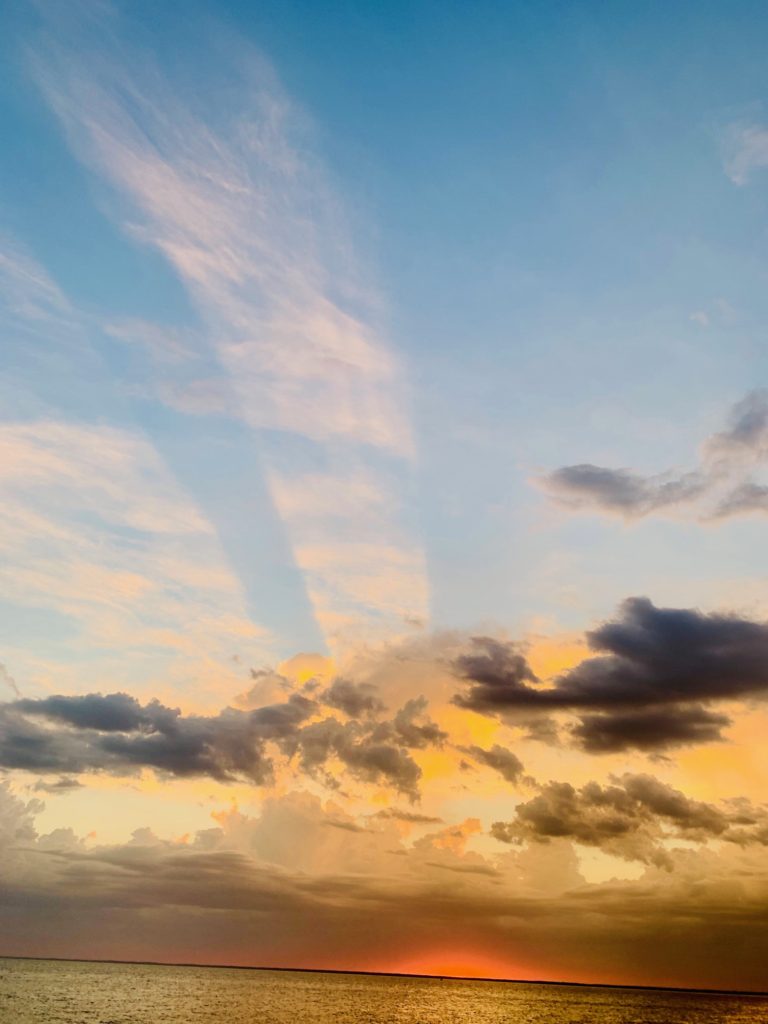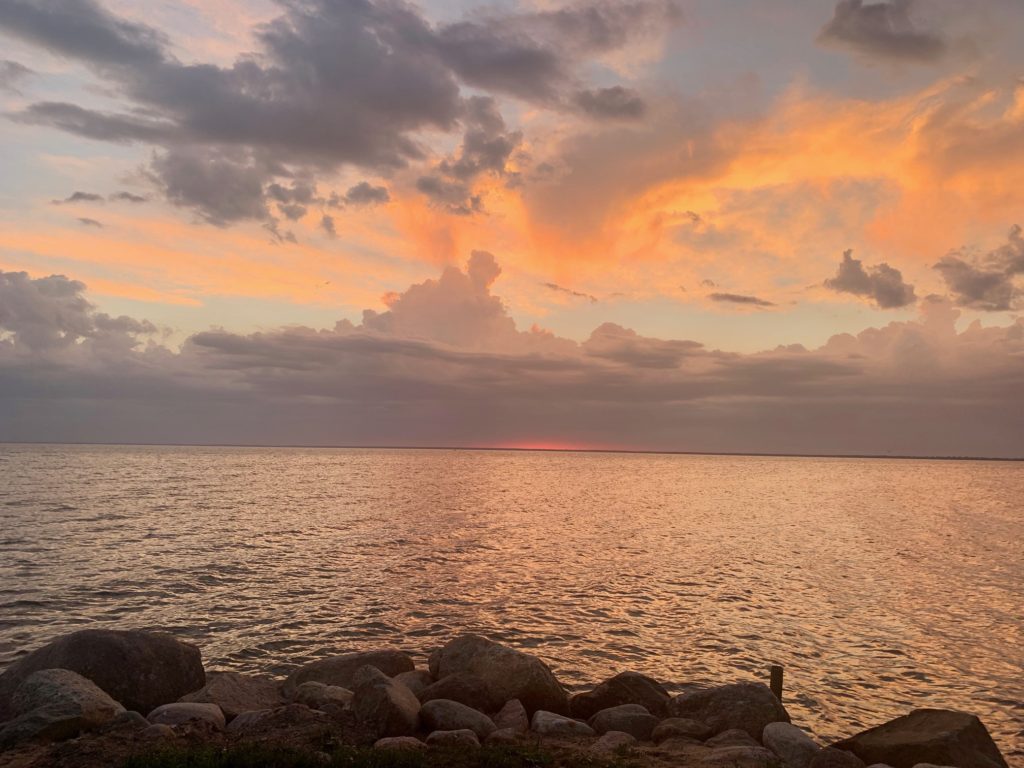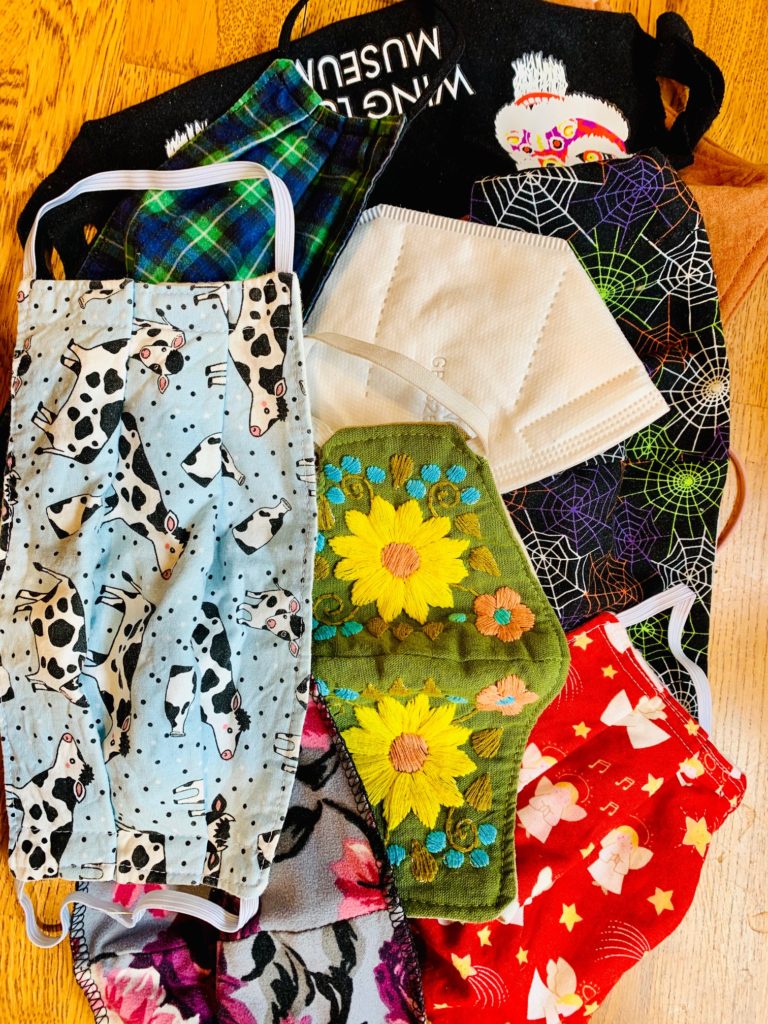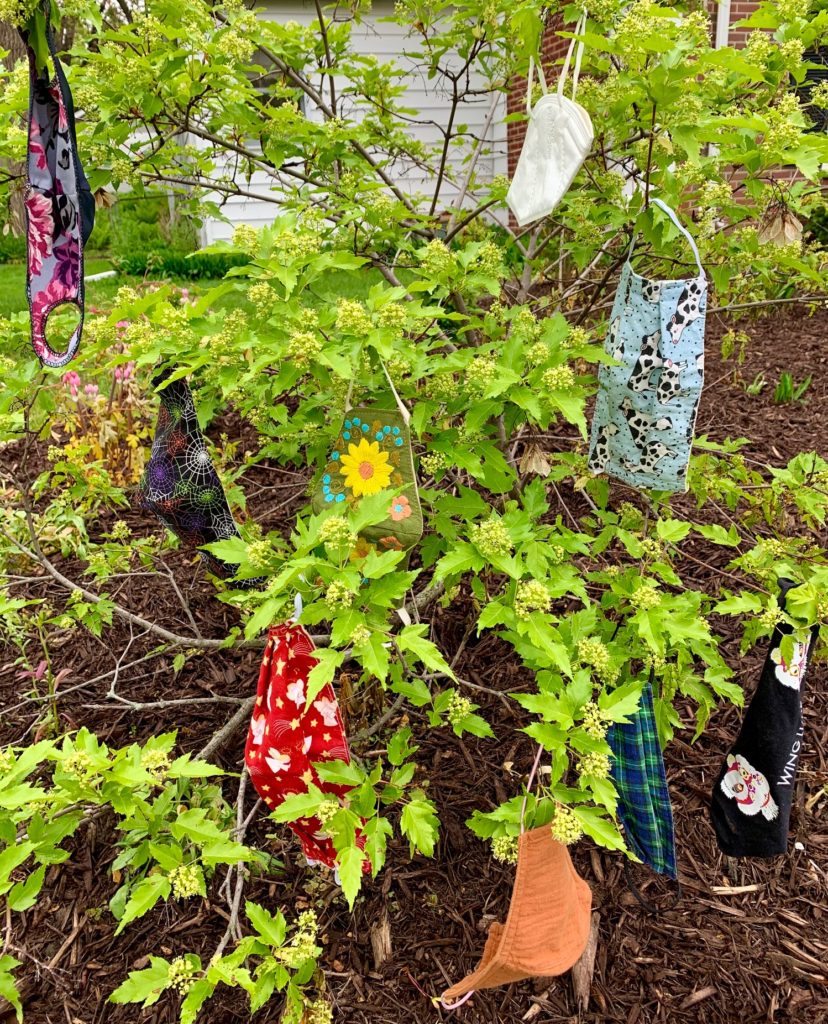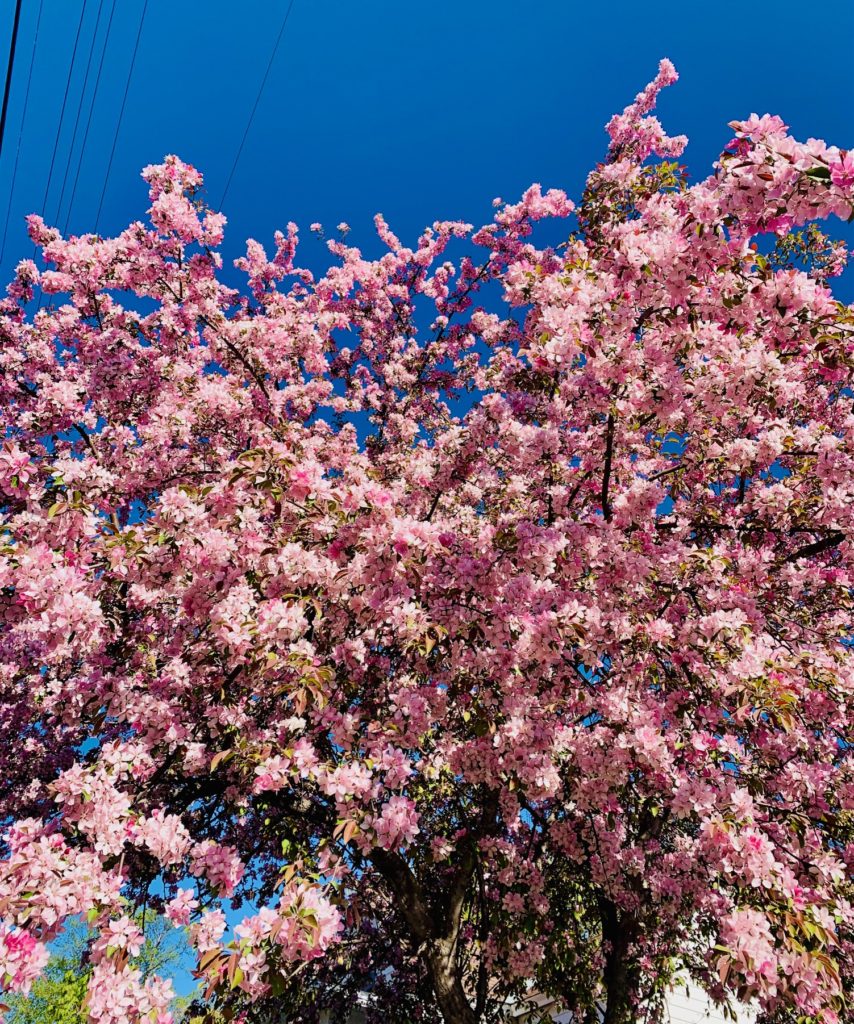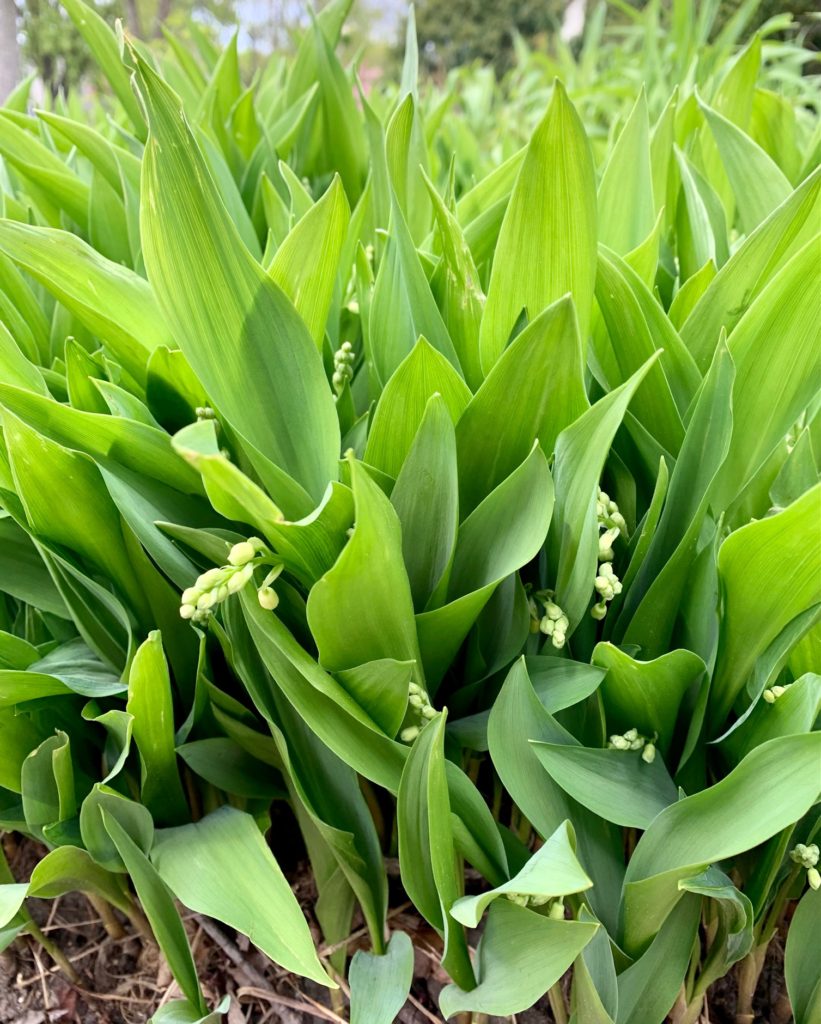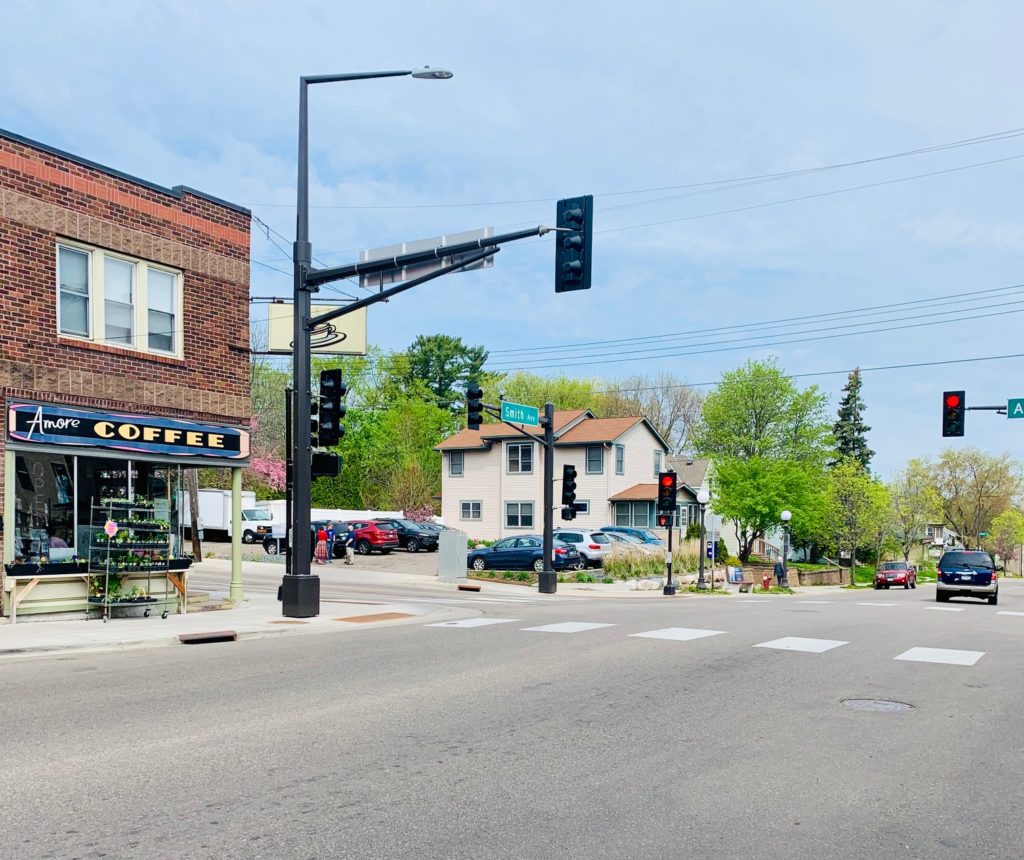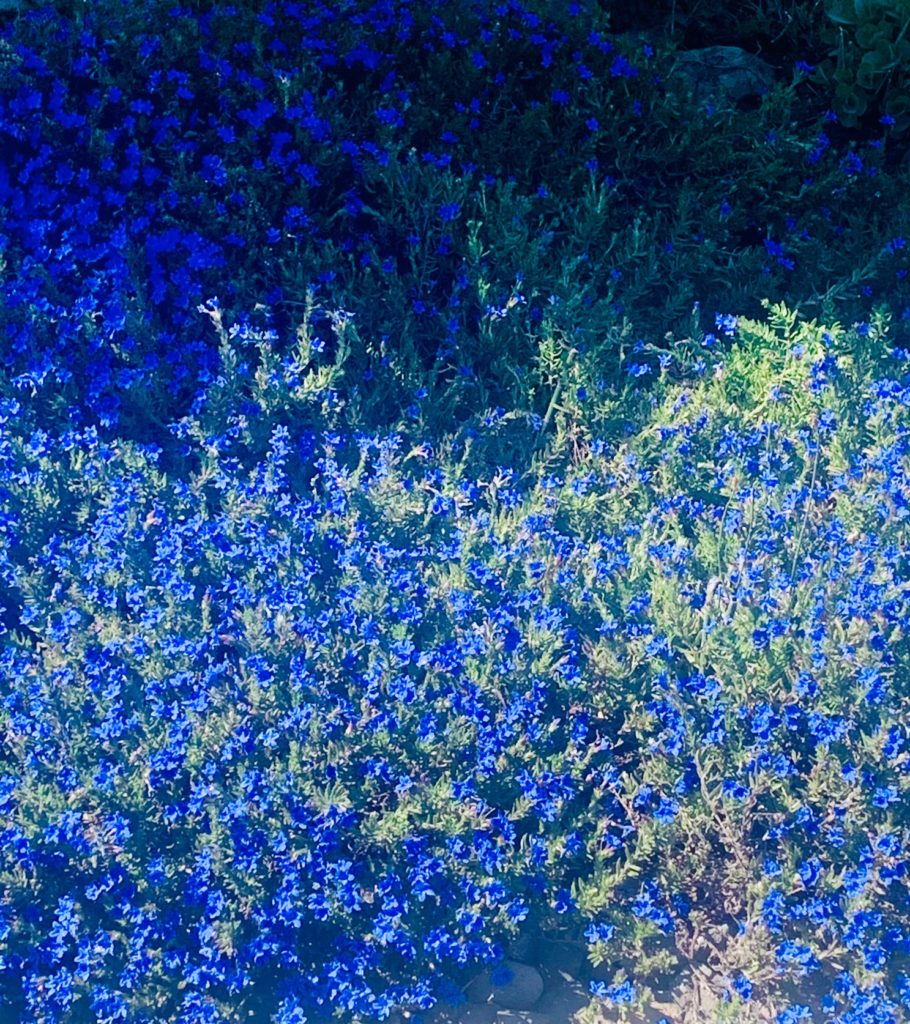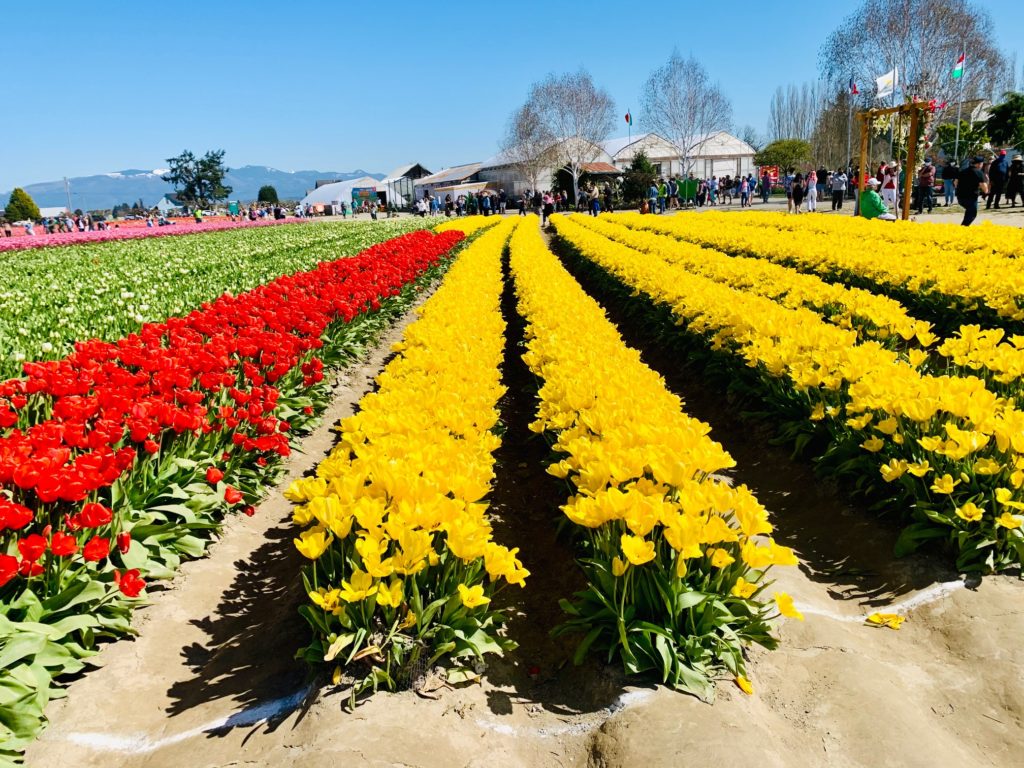Everything that is made beautiful and fair and lovely is made for the eye of one who sees.
~Rumi
One of my favorite drives is down the Wisconsin side of the Mississippi River. Taking in the rolling, evolving farmland and noticing the different stages of the growing seasons always grounds me in some deep way. Observing eagles flying overhead while sheep and cattle graze below is a blessed sight. Along with a friend, I made this drive on a recent holiday Sunday as we observed our own kind of Independence Day. The weather was steamy and the sun intense but the scenery soothed us.
In Alma, Wisconsin we drove to the highest point in this little river town, a park named Buena Vista. It brought an inner chuckle to think of this area, likely settled by Germans and Scandinavians, choosing this name for such an amazing overlook of the valley below. Sometimes we need to cross a bridge into other languages to have the perfect descriptor for a scene, an experience.
Buena Vista…literally meaning ‘good view’. When I see these words, I often think what the namer meant was really ‘beautiful view’. Good is fine yet beautiful is something larger, more expansive, worthy of flowing words like ‘buena vista’. This was certainly true of the view that met our eyes on this hot, July day. We stood with others who had directed their cars along the winding, rising ordinary road to reach this extraordinary feast for the eye. Standing, looking out over the river, islands, and backwaters I thought of what it must have meant for those who witnessed its beauty long ago. For some it had always been home. Their eyes likely took in the view in a way different from later arrivals. For these it perhaps spelled adventure. Or freedom. Or opportunity. Yet, all…buena vista.
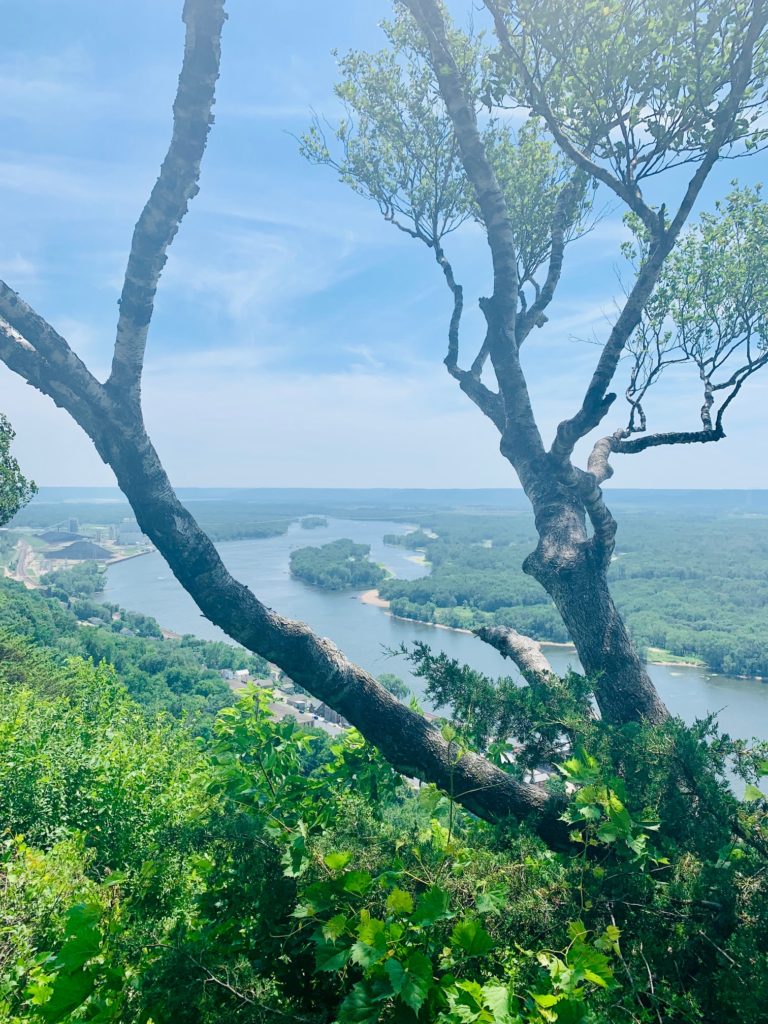
I have been blessed to be witness to countless buena vistas in both this country and others. Oceans, mountains, lakes, cities, countryside, all have placed their bounty before my grateful eyes. Architecture dreamed and built, art that flowed through the artist’s hand, have joined forests and fields planted by both human and the precipitious gift of wind. All have provided extraordinary experiences that served to lift my spirit and nourish my heart.
And, of course, there are the buena vistas that are not housed in the landscape of the natural world. Gazing into the fresh faces of my newborn sons…buena vista. The comforting smile of a friend. The unknowing kindness of a stranger. A perfectly executed table laden with food prepared for celebration. A newborn baby’s eyelashes. My mother’s hands. All…buena vista.
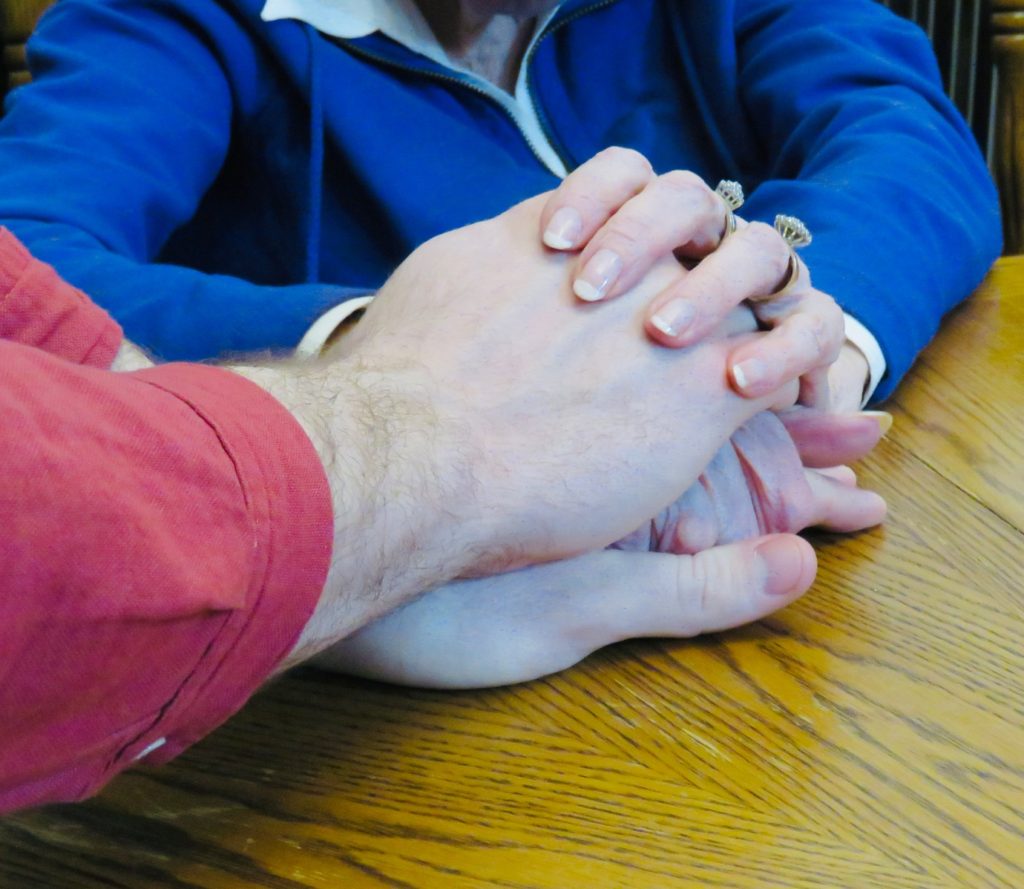
The experience of ‘buena vista’ is in many ways dependent on the viewer. As the wise one Rumi says: “Everything that is made beautiful and fair and lovely is made for the eye of one who sees.” We see, we notice, we wonder, we marvel and we name. May these burgeoning summer days find us having more and more moments of throwing our arms in the air and declaring with joy…”BUENA VISTA!”
